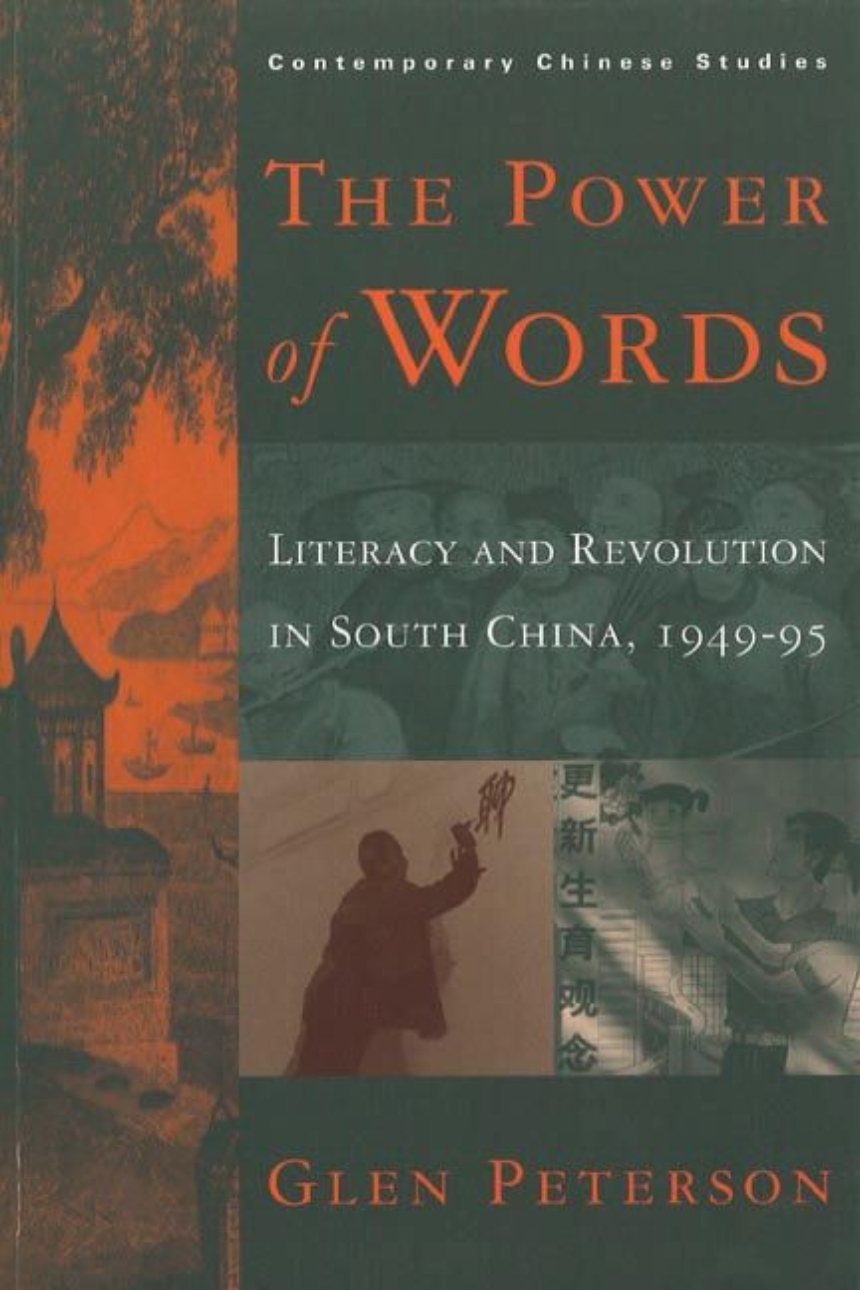University of British Columbia Press
The Power of Words
Literacy and Revolution in South China, 1949-95
Distributed for University of British Columbia Press
The Power of Words
Literacy and Revolution in South China, 1949-95
Table of Contents
1. Introduction: Literacy and Society in South China
2. Minban Schools and the Reaffirmation of Voluntarism in Village Education
3. The Contested Priorities of Early Post-Revolutionary Mass Education
4. The Problem of the Teachers
5. Collectivization and the Increased Importance of Literacy
6. The National Literacy Campaigns of 1956 and 1958
7. Beijing's Language Reform and Guangdong's Opposition
8. Literacy Expansion and Social Contraction: The Agricultural Middle School Experiment 1958-65
9. The Cultural Revolution
10. Literacy and Economic Development in the Post-Mao Era
11. The Struggle for Literacy in Guagndong Appendix: Educational Levels in Guagndong by District, City, and County 1982
Bibliography
Notes
Index

